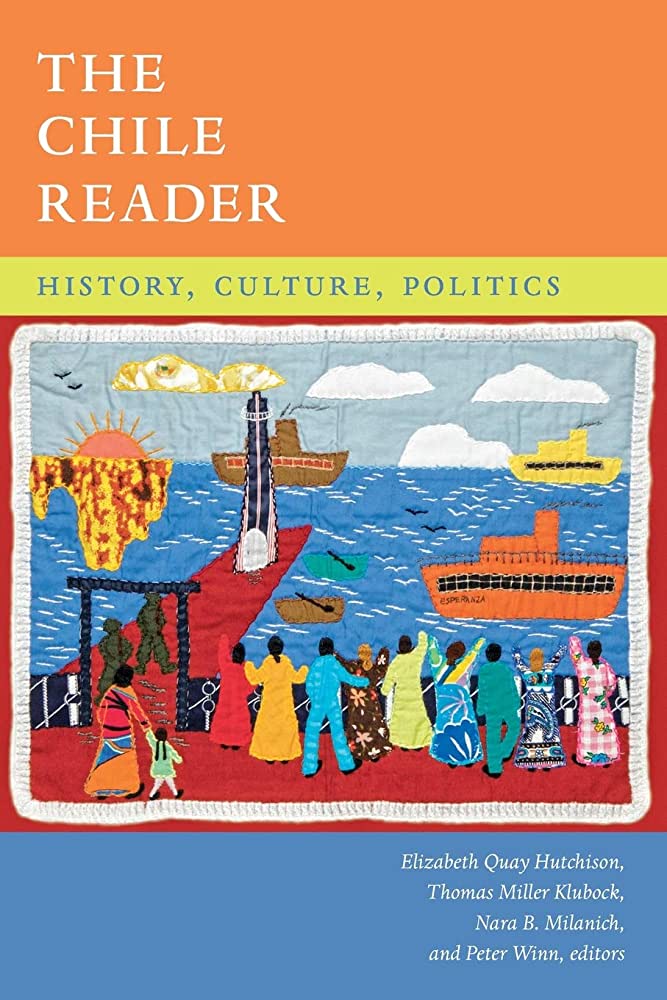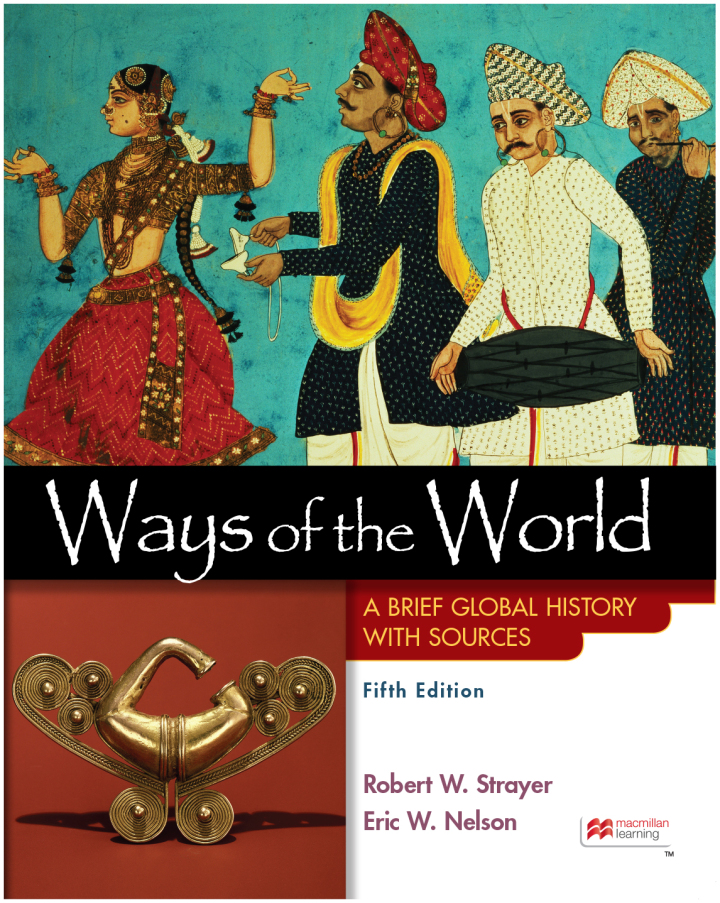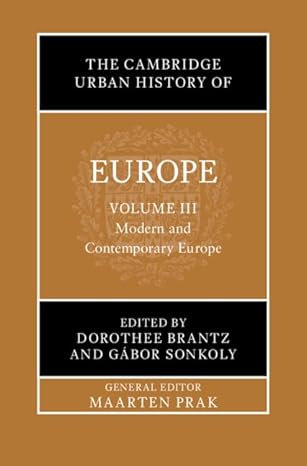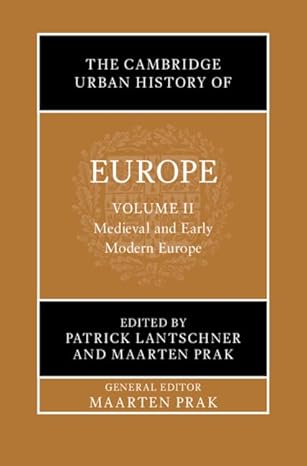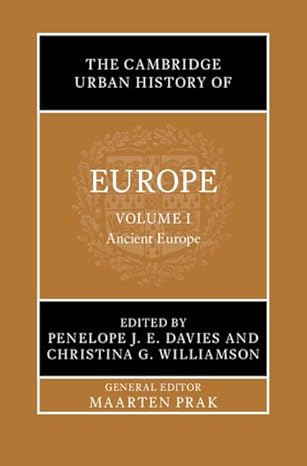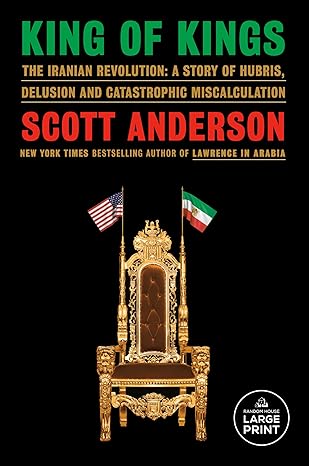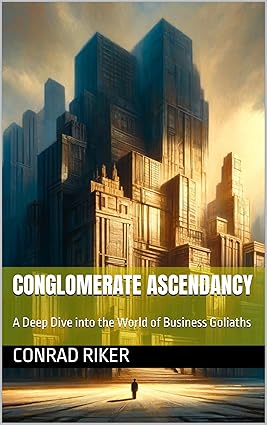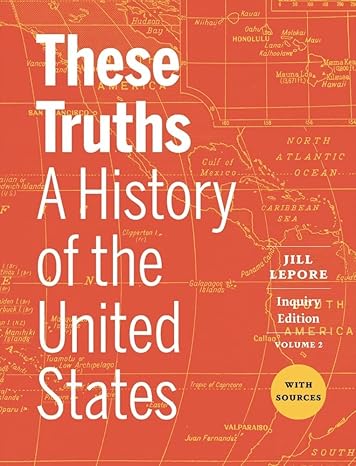Chile Reader مجموعه ای غنی از اسناد را در اختیار می گذارد که بیش از پانصد سال از تاریخ شیلی را در بر می گیرد. بیشتر انتخاب ها توسط مردم شیلی است. بسیاری از آنها قبلاً هرگز به زبان انگلیسی ظاهر نشده بودند. تاریخ شیلی از دیدگاههای گوناگون، از جمله سرخپوستان ماپوچه و استعمارگران اسپانیایی، دهقانان و اشراف، فمینیستها و نیروهای نظامی، کارآفرینان و کارگران، و کشیشها و شاعران ارائه میشود. در میان بسیاری از انتخابها، مصاحبهها، خاطرات سفر، نامهها، پیامهای دیپلماتیک، کارتونها، عکسها و متن آهنگها وجود دارد.
متون و تصاویر، که هر کدام توسط ویراستاران معرفی شدهاند، بینشهایی در مورد راههایی ارائه میکنند که جغرافیای منحصربهفرد شیلی هویت ملی آن را شکل داده است، تاریخ استعماری خشونتآمیز این کشور، و جمهوری باثبات اما خودکامهای که پس از استقلال از اسپانیا پدیدار شد. آنها نقش شیلی در اقتصاد جهانی، تأثیر اجتماعی مدرنیزاسیون اقتصادی، و مشکلات پایدار نابرابری عمیق را روشن کردند. ریدر همچنین تجربیات جسورانه شیلی با اصلاحات و انقلاب، سقوط بعدی آن به یکی از بی رحم ترین دیکتاتوری های جنگ سرد آمریکای لاتین، و گذار بسیار تحسین برانگیز آن به دموکراسی و اقتصاد بازار در سال های پس از دیکتاتوری را پوشش می دهد.
چکیده فارسی
Chile Reader مجموعه ای از اسناد را در اختیار می گذارد که بیش از پانصد سال از تاریخ شیلی را در بر می گیرد. بیشتر انتخاب ها توسط مردم شیلی است. خیلی از آنها هرگز هرگز به زبان انگلیسی ظاهر نشده بودند. تاریخ شیلی از دیدگاه های گوناگون، از جمله سرخپوستان ماپوچه و استعمارگران اسپانیایی، دهقانان و اشرف، فمینیست ها و نیرو های نظامی، کارآفرینان و کارگران، و کشش ها و شاعران می شود. در میان بسیاری از انتخابها، مصاحبهها، خاطرات سفر، نامهها، پیامهای دیپلماتیک، کارتونها، عکسها و متن آهنگها وجود دارد.
متون و تصاویر، که هر کدام توسط ویراستاران معرفی شدهاند، بینشهایی در راههایی ارائه میکنند که جغرافیای منحصربهفرد شی هویت ملی آن را شکل میدهد، تاریخ حملهورآمیز این کشور، و جمهوری باثبات اما خودکامهای که از استقلال از اسپانیا پدیدار میشود. نقش شیلی در اقتصاد جهانی، آنها تاثیر اجتماعی مدرنیزاسیون اقتصادی، و مشکلات پایدار نابرابری را روشن کردند. ریدر تجربیات جسورانه شیلی با اصلاحات و انقلاب، سقوط بعدی آن به یکی از بی رحم ترین دیکتاتوری های جنگ سرد آمریکای لاتین، و بسیار تحسین برانگیز آن به دموکراسی و اقتصاد بازار در سال های پس از دیکتاتوری را پوشش می دهد. قوی>
ادامه ...
بستن ...
- Publisher : Duke University Press Books (November 29, 2013)
- Language : English
- Paperback : 640 pages
- Part of: The Latin America Readers
ادامه ...
بستن ...
Contents
Acknowledgments xiii
Introduction 1
I Environment and History 9
“No Better Land,” Pedro de Valdivia 17
The Poetry of Place: “My Country,” Gabriela Mistral 21
Crazy Geography, Benjamín Subercaseaux 25
Catastrophe and National Character, Rolando Mellafe 30
Deforestation in Chile: An Early Report, Claudio Gay 36
“Catastrophe in Sewell,” Pablo Neruda 42
A Call to Conservation, Rafael Elizalde Mac-Clure 45
In Defense of the Forests, Ricardo Carrere 48
Pollution and Politics in Greater Santiago, Saar Van Hauwermeiren 52
II Chile before Chile: Indigenous Peoples, Conquest,
and Colonial Society 59
A Paleolithic Footprint 67
Chinchorro: The World’s Oldest Mummies 68
Diaguita Ceramics 70
Mapuche Textiles: Culture and Commerce 72
The Inca Meet the Mapuche, Garcilaso de la Vega 74
A Conquistador Pleads His Case to the King, Pedro de Valdivia 80
Exalting the Noble Savage, Alonso de Ercilla 85
Debating Indian Slavery, Melchor Calderón and Diego de Rosales 92
“To Sell, Give, Donate, Trade, or Exchange”: Certification of Indian
Enslavement 98
Portrait of Late Colonial Santiago, Vicente Carvallo y Goyeneche 102
From War to Diplomacy: The Summit of Tapihue 109
“The Insolence of Peons,” Mine Owners of Copiapó 117
III The Honorable Exception: The New Chilean Nation
in the Nineteenth Century 121
A Revolutionary Journalist: “Fundamental Notions of the Rights of
Peoples,” Camilo Henríquez 129
An Englishwoman Observes the New Nation, Maria Graham 133
The Authoritarian Republic, Diego Portales 139
A Political Catechism, Francisco Bilbao 143
A Literature of Its Own: Martín Rivas, Alberto Blest Gana 147
The University and the Nation, Andrés Bello 153
A Polish Scientist among the Mapuche, Ignacio Domeyko 157
German Immigrants in the South, Vicente Pérez Rosales 163
The Beagle Diary: “A Peculiar Race of Men,” Charles Darwin 167
How to Run an Hacienda, Manuel José Balmaceda 172
A Franco-Chilean in the California Gold Rush, Pedro Isidoro Combet 178
“The Worst Misery”: Letters to the Santiago Orphanage 183
“A Race of Vagabonds,” Augusto Orrego Luco 186
IV Building a Modern Nation: Politics and the Social Question
in the Nitrate Era 193
“Audacious and Cruel Spoilations”: The War of the Pacific, Alejandro
Fierro 199
A Mapuche Chieftain Remembers “Pacification,” Pascual Coña 205
Chile and Its “Others” 210
Race, Nation, and the “Roto Chileno,” Nicolás Palacios 213
Nitrates, Nationalism, and the End of the Autocratic Republic, José Manuel
Balmaceda, Arturo Alessandri, and a popular poet 217
A Manifesto to the Chilean People, Democratic Party 224
“God Distributes His Gifts Unequally”: An Archbishop Defends Social
Inequality, Mariano Casanova 227
Workers’ Movements and the Birth of the Chilean Left, Luis Emilio
Recabarren 233
Nitrate Workers and State Violence: The Massacre at Escuela Santa María
de Iquique, Elías Lafertte 238
Women, Work, and Labor Politics, Esther Valdés de Díaz 245
The Lion of Tarapacá, Arturo Alessandri 251
Autocrats versus Aristocrats: The Decay of Chile’s Parliamentary Republic,
Alberto Edwards 256
Rescuing the Body Politic: Manifesto of a Military Coup 259
The Poet as Creator of Worlds: Altazor, Vicente Huidobro 262
“Mother of Chile”? “Women’s Suffrage” and “Valle de Elqui,” Gabriela
Mistral 267
V Depression, Development, and the Politics of Compromise 273
“Their Work Has Laid the Foundation for Greatness”: Chile’s Arab
Industrialists 279
Is Chile a Catholic Country? Alberto Hurtado 284
“I Told Myself I Must Find Work, I Cannot Continue Here”:
Interview with a Household Worker 289
Fundamental Theoretical Principles of the Socialist Party, Julio César
Jobet 293
Public Health Crisis, Salvador Allende 297
“Progress for All Social Classes”: Campaigning for the Popular Front,
Pedro Aguirre Cerda 301
Rural Workers, Landowners, and the Politics of Compromise, The League of
Poor Campesinos of Las Cabras and the National Society of Agriculture 305
A Case of Frustrated Development, Aníbal Pinto 309
The Movement for the Emancipation of Chilean Women: Interview with
Elena Caffarena 315
Poetry and Politics: Memoirs and “The Heights of Macchu Picchu,” Pablo
Neruda 320
Miners’ Strikes and the Demise of the Popular Front: U.S. State
Department Cables 327
States of Exception, Elena Caffarena 331
The Birth of a Shantytown, Juan Lemuñir 334
Klein-Saks: Chile’s First Experiment with Neoliberalism 340
VI The Chilean Road to Socialism: Reform and Revolution 343
Between Capitalism and Communism: Social Christianity as a Third Way,
Eduardo Frei 353
Property and Production: A Pamphlet Promoting Christian Democracy’s
Agrarian Reform 356
The Christian Left and Communitarian Socialism, Jacques Chonchol and
Julio Silva Solar 362
The New Song Movement: An Interview with Inti-Illimani 366
Lyrics of the New Song Movement, Violeta Parra and Victor Jara 371
The Election of 1970 376
The Election of Salvador Allende: Declassified U.S. Government
Documents 380
The Mapuche Land Takeover at Rucalán: Interviews with Peasants and
Landowners 386
Revolution in the Factory: Interviews with Workers at the
Yarur Cotton Mill 393
The Chilean Revolution One Year In, Salvador Allende Gossens 400
Women Lead the Opposition to Allende: Interview with Carmen
Saenz 406
“So That Chile Can Renew Its March Forward,” Chilean Business and
Professional Associations 410
The Demands of the People, Movement of the Revolutionary Left 415
“A Treasonous History,” A Group of Retired Generals and Admirals 420
United States Policy and Covert Action against Allende, The Church
Committee 422
“Everyone Knows What Is Going to Happen,” Radomiro Tomíc to
General Carlos Prats 426
“These Are My Final Words,” Salvador Allende Gossens 428
VII The Pinochet Dictatorship: Military Rule and
Neoliberal Economics 433
Diary of a Coup, Peter Winn 443
“In the Eyes of God and History,” Government Junta of the Armed Forces
and Carabineros of Chile 450
Pinochet’s Caravan of Death, Patricia Verdugo 454
Women and Torture, National Commission on Political Detention and
Torture 459
Operation Condor and the Transnationalization of Terror, U.S. Federal
Bureau of Investigation 465
Protected Democracy and the 1980 Constitution, Jaime Guzmán 468
Shantytown Protest: Interviews with Pobladores 474
“There Is No Feminism without Democracy,” Julieta Kirkwood 482
The Kids of Barrio Alto, Alberto Fuguet 487
Sexuality and Soccer, Pedro Lemebel 493
Competing Perspectives on Dictatorship as Revolution, Joaquín Lavín
and Ernesto Tironi 498
The Whole World Was Watching: The 1988 Plebiscite, The Observer Group
of the Latin American Studies Association 512
VIII Returning to Democracy: Transition and Continuity 521
Justice “To the Degree Possible”: The Rettig Report, Patricio Aylwin
Azócar 527
Surveillance Within and Without: The Custody of the Eyes, Diamela
Eltit 534
Legislating Gender Equality? Voices from Congress and Civil Society 538
Gender and Sexuality in Transition 544
The Credit-Card Citizen, Tomás Moulián 547
“Chile’s Greatest Addition to the Spanish Language”: Huevón, John Brennan
and Alvaro Taboada 553
“I Never Looked for Power,” Augusto Pinochet Ugarte 555
Historians Critique Pinochet’s “Anti-History,” Eleven Chilean
Historians 560
The Mapuche Nation and the Chilean Nation, Elicura Chihuailaf 568
Growth with Equity, Alejandro Foxley 575
So Conservative and Yet So Modern? The Politics of Concertación,
Alfredo Jocelyn-Holt 581
The Catholic Church Today, Antonio Delfau, S. J. 585
“To Never Again Live It, To Never Again Deny It”: The Valech Report on
Torture, Ricardo Lagos 588
The Chilean Army after Pinochet, Juan Emilio Cheyre Espinosa 592
La Señora Presidenta, Michelle Bachelet 595
The Bicentennial Generation 601
Selected Readings 605
Acknowledgment of Copyrights and Sources 613
Index 623
ادامه ...
بستن ...
